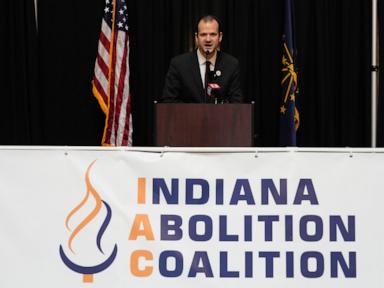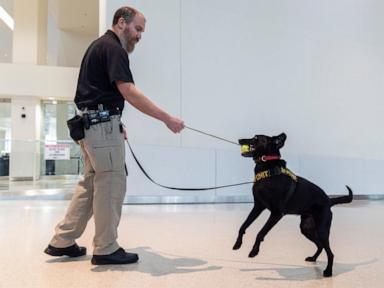(KNSI) – Stearns County Attorney Janelle Kendall doesn’t support a Minnesota Supreme Court ruling allowing cameras to be present in some criminal proceedings.
The order signed by Chief Justice Lorie Gildea removed a requirement that both the defense and prosecution agree to camera coverage of most criminal proceedings. County Attorney Kendall tells KNSI News that letting cameras in court is something everyone in her profession was against. “Everyone who works in the criminal justice system unilaterally opposes this, everyone. Prosecutors oppose it. Defense attorneys oppose it, crime victim advocates, even the district court judges who sit in those criminal courtrooms every day making rulings oppose this.”
Kendall has testified in St. Paul about her concerns about letting cameras in the court since 2007. She says the ruling will make it harder to get people to testify in criminal cases. “Put yourself in the place of the people who are sitting there having to do these very painful things. We have a hard time getting witnesses to come forward and testify now, and that applies to both sides.”
She fears having cameras in the courtroom will hurt the justice system. “This is supposed to be about truth, this is supposed to be about a court of law. And if that court of law just became a court of public opinion, that just permanently and severely harms the entire process.”
The rules were eased five years ago to allow live and recorded coverage of sentencings. Trial judges will retain broad discretion to allow or disallow coverage on a case-by-case basis.
Video coverage of jury selection and pretrial proceedings will remain prohibited, along with witnesses or defendants who are minors or coverage that might identify a juror. Some restrictions will remain for criminal sexual conduct and domestic abuse cases. Camera coverage of adult crime victims will be prohibited unless they consent; minors who are victims can’t be covered.
___
Copyright 2023 Leighton Enterprises, Inc. All rights reserved. This material may not be broadcast, published, redistributed, or rewritten, in any way without consent.










